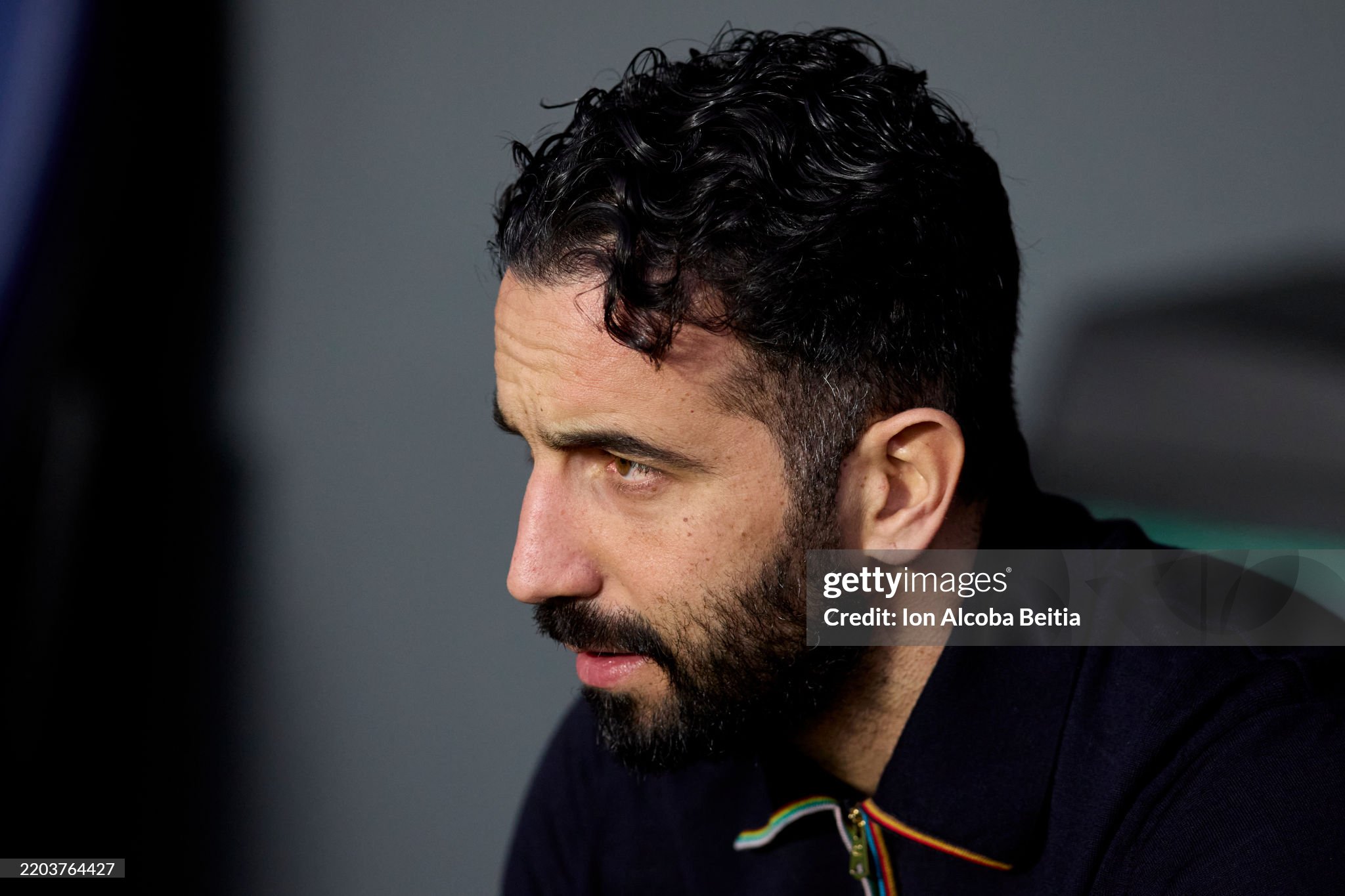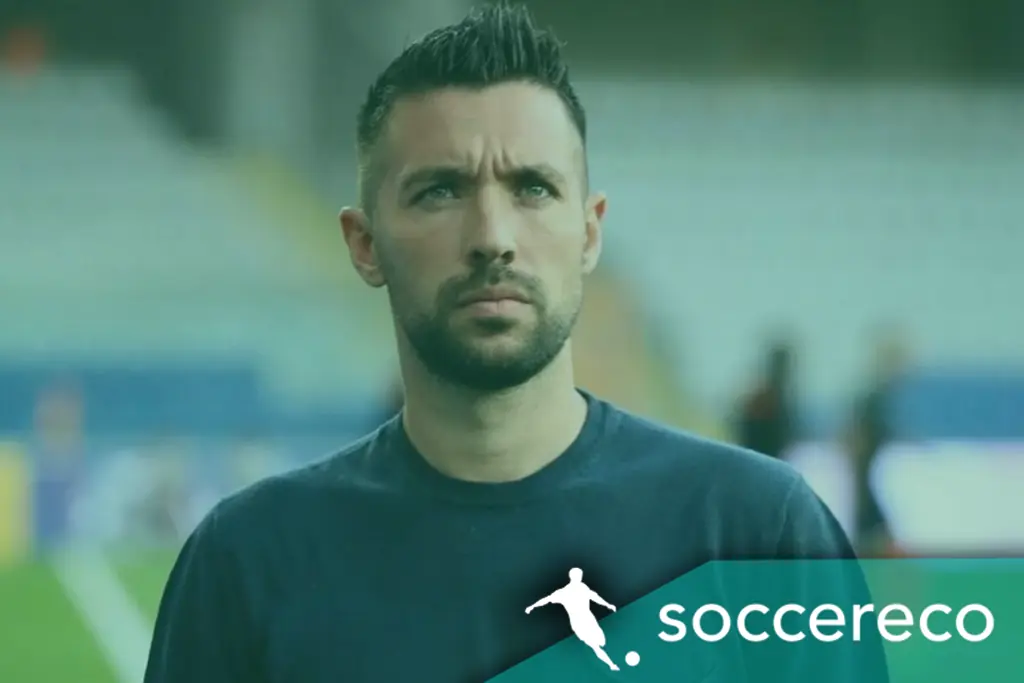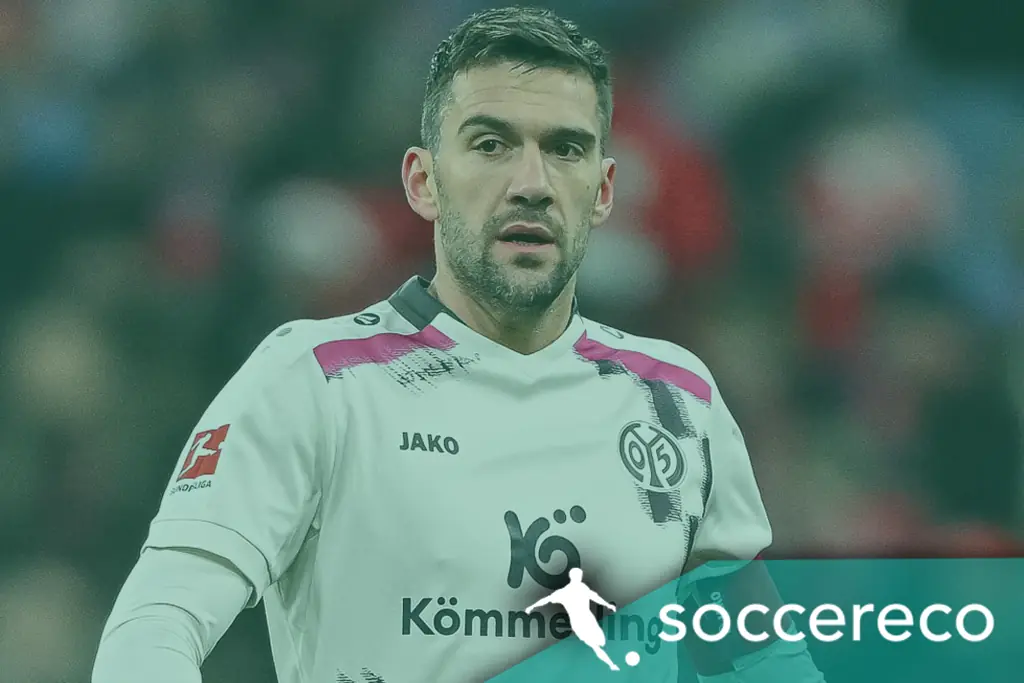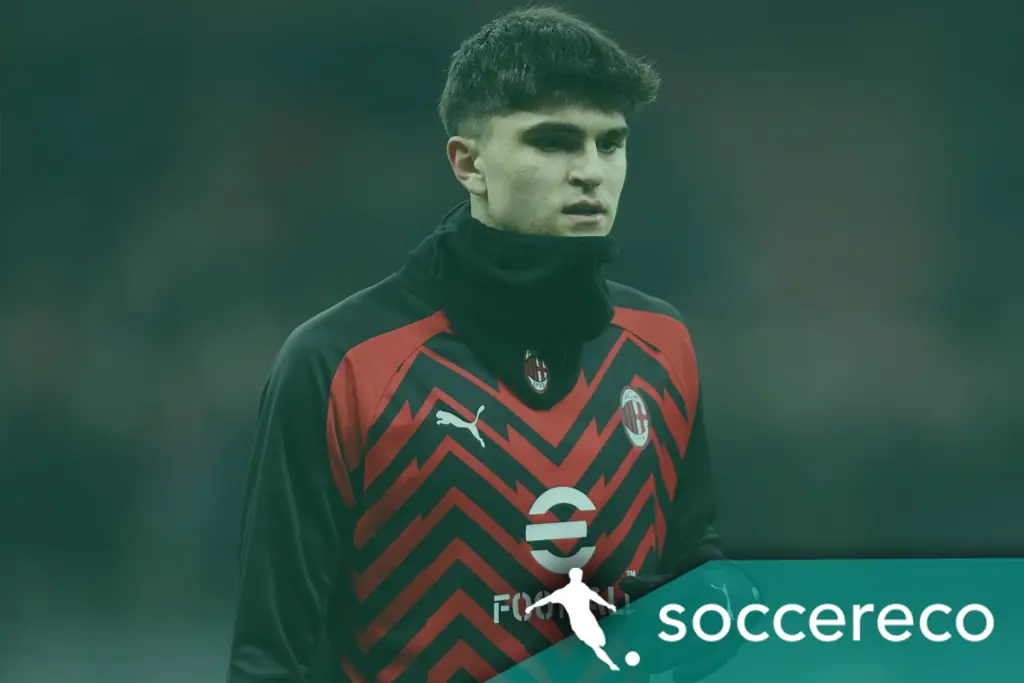Manchester United beat Ipswich Town last weekend, but that doesn’t mean the problems are solved. This weekend, Arsenal awaits a club that continued to back manager Mikel Arteta and is now reaping the rewards. Will Rúben Amorim get the same amount of time?

That very question was put to Rúben Amorim during Friday’s press conference, and his answer painted a stark picture of the reality he feels he is facing at Manchester United.
"I don’t really feel that way. I won’t get the time Arteta had. That’s just how I see it," Amorim admitted, with a tone of blunt realism that left no room for misinterpretation. "This is a completely different club. I think the way Arteta handled his situation is an inspiration for everyone, but I don’t believe I’ll have the same amount of time he was given."
His response reflects not only the relentless nature of life at Manchester United but also the impatience that has defined the club’s managerial decisions in the post-Sir Alex Ferguson era. While Arsenal endured years of inconsistency and growing pains under Arteta, the Gunners were willing to stick with their young coach through difficult periods. That patience has now been rewarded with a team that sits at the top of the Premier League table, plays with a clear identity, and competes with the best sides in Europe.
Amorim, however, is under no illusions that he will be granted the same luxury of time. At United, where expectations remain sky-high despite years of mediocrity, every setback brings fresh speculation about the manager’s future. The club’s position in the table a dismal 14th only intensifies the sense of crisis surrounding Old Trafford. What was once unthinkable has become reality: Manchester United are no longer feared, and their chances of qualifying for any form of European football hang by a thread.
The problems at United extend far beyond what happens on the pitch. Behind the scenes, the club remains in flux. From questions about the long-term sporting direction under the new partial ownership of INEOS, to ongoing doubts about the composition of the squad and recruitment strategy, Amorim has walked into a club where the foundations are anything but solid. "In the Premier League, every match is extremely important. It’s always a problem when we don’t win," Amorim acknowledged. "I think the biggest issue right now is that we don’t have all players available, but we have to find a way to deal with that."
That lack of availability caused by a mix of injuries, suspensions, and players either out of form or out of favor has only made Amorim’s early weeks at the club more difficult. Having taken over mid-season, the Portuguese coach has barely had time to implement his preferred system, and each passing week seems to bring a fresh setback. With confidence fragile and the pressure of expectation weighing heavily on the squad, the upcoming clash with Arsenal scheduled for Sunday, March 9, at 17:30 looms as a defining moment.
Amorim is fully aware of the scale of the challenge. Arsenal, under Arteta’s steady hand, have evolved into one of the most cohesive and tactically intelligent teams in Europe. They combine technical quality with physical intensity, and their ability to press high and exploit defensive weaknesses is precisely the type of approach that has troubled United all season. In that context, Amorim’s desire to focus on the short term is understandable. There’s little point worrying about long-term projects or philosophical blueprints when the immediate need is survival both in terms of league position and his own job security.
"For everyone at the club, this is an incredibly difficult moment because everything is coming at us at once," Amorim said, speaking with the air of a man who understands the precariousness of his position. "The only thing my players and I can do is to perform well and win." The message is clear forget any talk of building dynasties or cultural resets. For now, survival is the only objective.
While Amorim retains the public backing of United’s senior figures, the reality is that the club’s recent track record suggests patience is in short supply. David Moyes was dismissed less than a season into his tenure. Louis van Gaal was sacked immediately after winning the FA Cup. José Mourinho and Ole Gunnar Solskjaer were both shown the door when results deteriorated. Even Erik ten Hag, who led United back into the Champions League and won a domestic trophy, wasn’t spared when performances declined.
The comparison to Arteta, therefore, is almost cruel in its irony. Arteta was allowed to fail and learn from his mistakes because Arsenal committed to a long-term vision, one that transcended short-term results. At United, no such clarity exists. Every manager is treated as both savior and scapegoat, and the absence of a coherent sporting structure leaves each new appointment more vulnerable than the last.
For Amorim, the task is monumental. If United can somehow upset Arsenal a team in the middle of a title race it might offer a brief reprieve. But should they suffer yet another defeat, the questions about his suitability for the job will only grow louder. Amorim knows this, and his comments about Arteta were more than just an offhand remark. They were a sober acknowledgment of the brutal reality he has stepped into.
This is not Arsenal. This is Manchester United a club where time is the one luxury no manager can afford. Whether Amorim’s project ever has the chance to take root could very well depend on what happens against Arsenal on Sunday.
Updated: 04:02, 7 Mar 2025








